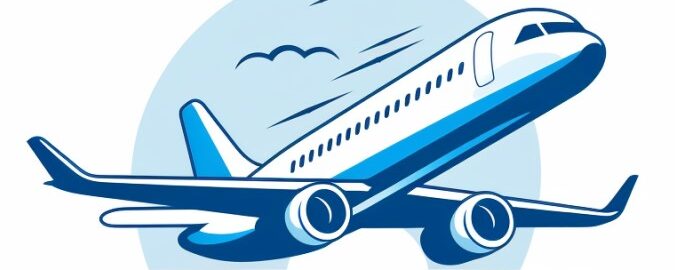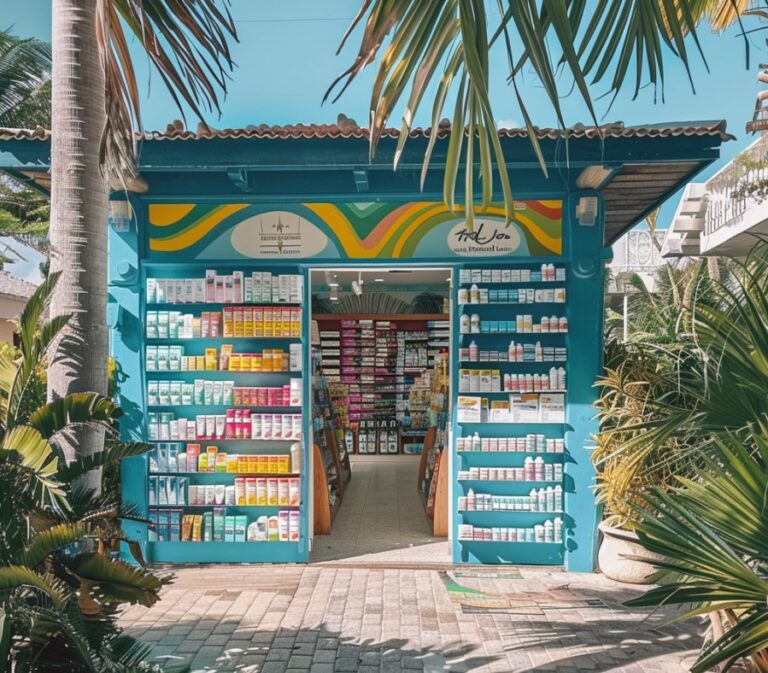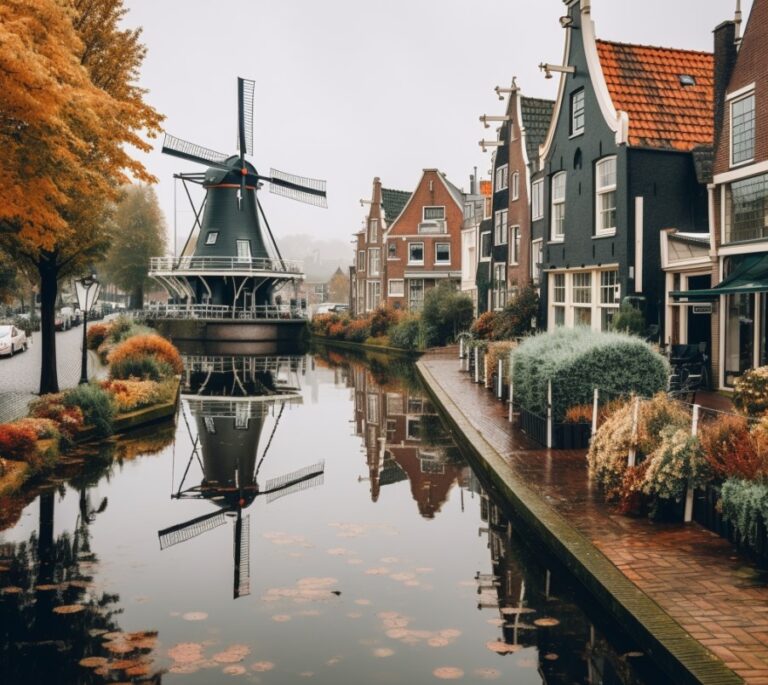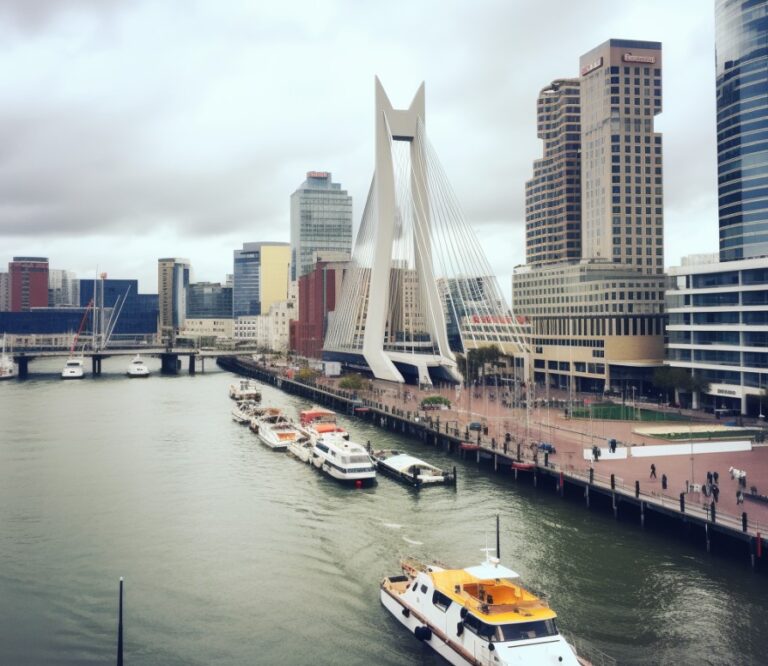Medications not allowed in the Netherlands
The Kingdom of the Netherlands is renowned for its progressive approach towards healthcare and wellbeing, yet it also maintains strict regulations regarding certain pharmaceutical substances that are prohibited within its borders. This meticulous stance ensures public safety while addressing potential risks associated with specific drugs. In this extensive exploration, we delve into the realm of banned medications in the Netherlands, shedding light on their history, reasons behind prohibition, and broader implications.
In the Netherlands, the Office for Medicines and Medical Devices (Onderzoeks- en Toetsingsorganisatie voor Geneesmiddelen en Medische Apparaten – OTG) oversees drug regulation and approval processes. The Dutch government has established a list of medicinal products that are strictly prohibited due to various factors such as health hazards, lack of efficacy, or misuse potential. These restrictions aim to protect citizens from harm and maintain high standards of medical care.
List of Medications Not Allowed in the Netherlands
- Medications with a narcotic effect are listed in the Opium Act, such as Valium, Seresta, Ritalin, Concerta, and medicinal cannabis.
- Strong painkillers, sleeping pills, drugs to reduce anxiety, and ADHD medications fall under List I and List II of the Opium Act.
- Medications that require a Schengen certificate for travel to Schengen countries or a medical certificate for travel outside the Schengen area.
Remember to always check with local authorities and carry the necessary documentation when traveling with prescription drugs to the Netherlands.
We also recommend reading our pages on Cost of a Trip to the Netherlands for 1 Week and Cost of a Trip to Rotterdam for 1 Week
Prohibited Substances
A wide array of medications falls under the category of banned substances in the Netherlands. Some notable examples include:
- Anabolic steroids: Used by athletes and bodybuilders to enhance performance, these hormones have been linked to severe side effects like liver damage, cardiovascular issues, and psychological disorders.
- Ephedrine and pseudoephedrine: Precursors used in the illicit production of amphetamines, methamphetamine, and other stimulants.
- Clenbuterol: A potent bronchodilator often abused by athletes seeking weight loss and muscle growth.
- Ketamine: Initially developed as an anesthetic, ketamine has gained popularity among recreational users for its hallucinogenic properties.
- Phentermine: Prescribed for short-term weight management but carries significant risks when used without proper supervision.
Popular pharmacies in the Netherlands
Based on the provided search results, some popular pharmacy chains in the Netherlands include:
- Etos: Recognized as the most premium drugstore chain in the Netherlands, offering a clean layout and a wide variety of products, particularly focusing on cosmetics and beauty products.
- Pour Vous Drogisterij, Holland & Barrett, and Boots Apotheek are mentioned among the top options near Amsterdam.
- Kruidvat: Known for its bargains and discounts, making it a favorite for those looking to save money.
- Shop Apotheke Europe, Mediq, and Brocacef Groep are among the top ten drugstore and pharmacy manufacturers in the Netherlands based on revenue.
As of January 2023, there were approximately 1,975 pharmacies in the Netherlands, with nearly 600 being part of pharmacy chains.
How to get a prescription in the Netherlands
To get a prescription in the Netherlands, you typically need to follow these steps:
- Register with a Local Pharmacy: Similar to registering with a general practitioner (GP), you need to register with a local pharmacy (apotheek) by providing your contact details and health insurance information.
- Prescription Filling: Your GP can email your prescription directly to the pharmacy, allowing you to pick up your medicine conveniently. Registering with a pharmacy offers benefits such as having your prescription history on record for safety checks and potential insurance coverage for medications.
- Medication Delivery: Some pharmacies in the Netherlands offer free home delivery of medications, while others provide secured pick-up boxes accessible with a key for after-hours retrieval.
- Pharmacy Services: Pharmacists can provide advice for minor complaints, while drugstores like Kruidvat or Etos sell over-the-counter medicines.
- Prescription Abroad: When traveling to the Netherlands with medication, most medicines can be brought in without issues, but those with a narcotic effect may require a certificate. Always carry medicines in their original packaging and check airline regulations if traveling by air.
Remember that pharmacies in the Netherlands have varying opening hours, and it’s advisable to keep medicines in their original packaging when traveling to make it clear that they are for medical use.

How to get antibiotics in the Netherlands
To get antibiotics in the Netherlands, you typically need a prescription from a general practitioner (GP) after a consultation. Dutch doctors are cautious about prescribing antibiotics and other medications, preferring a wait-and-see approach for minor illnesses like sore throats or colds. Here is how you can access antibiotics and other medicines in the Netherlands:
Obtaining Antibiotics:
- Consultation with GP: Visit a local “huisarts” (general practitioner) for an assessment.
- Prescription: If deemed necessary, your GP will provide a prescription for antibiotics or other medications.
Buying Medicines:
- Prescription Drugs: Obtain them only from a Pharmacy (Apotheek) after receiving a prescription from your GP.
- Over-the-counter Drugs: Available at Chemists (Drogist) and supermarkets without a prescription.
Additional Information:
- Online Orders: Purchase medicines online from authorized suppliers only.
- Healthcare Quality: Dutch medical care is of high quality, with well-equipped hospitals and English-speaking doctors.
- Antibiotic Use in the Netherlands: The Dutch have one of the lowest rates of antibiotic use in Europe, emphasizing the importance of judicious antibiotic use to combat resistance.
Remember to follow the Dutch healthcare system’s guidelines and consult your GP for proper diagnosis and treatment.
Reasons Behind Prohibitions
Banning certain medications stems from several concerns, including:
- Health Hazards: Many prohibited substances pose serious threats to human health, either through direct toxicity or indirect consequences resulting from abuse or misuse.
- Lack of Efficacy: Some medications may be deemed ineffective at treating particular conditions despite being approved elsewhere.
- Misuse Potential: Certain drugs can lead to addiction, dependency, or other negative behaviors, making them unsuitable for general consumption.
- Risk Assessment Failure: If new information emerges about a medication’s adverse effects after initial approval, regulatory bodies may revoke authorization.
Impact of Prohibitions
While bans on specific medications serve to safeguard public welfare, they do raise some questions concerning accessibility and treatment options. For instance, patients suffering from rare diseases might struggle to find suitable alternatives when their primary treatments are restricted. Moreover, the black market trade of prohibited substances remains a concern, particularly in regions where demand outpaces supply.
Conclusion
As the landscape of medicine continues to evolve, so too must our understanding of which substances should remain off-limits. By maintaining stringent regulations and monitoring emerging trends, the Netherlands demonstrates its commitment to providing safe and effective healthcare solutions for all citizens. As knowledge expands, it will become increasingly important to adapt policies accordingly, ensuring that only those medications proven to be beneficial reach the hands of consumers.







